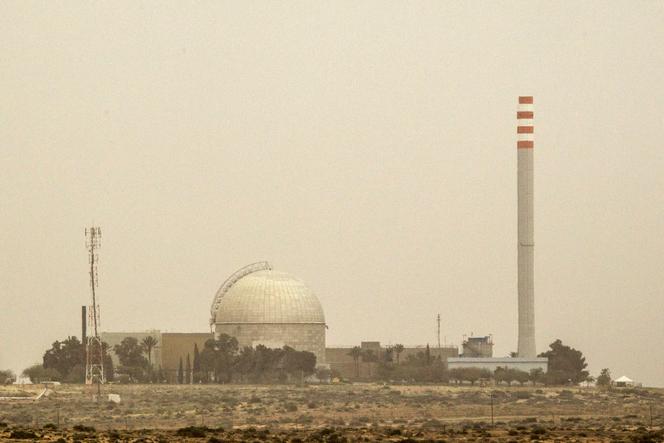


The issue is never broached. Israel's possession of nuclear weapons remains an unspoken reality, casting a shadow over Iran and its neighbors in the Middle East, especially since the start of Israel's strikes that officially aim at destroying the regime's nuclear and ballistic capabilities. With the conflict threatening to further escalate, 21 Arab and Muslim countries issued a reminder on Tuesday, June 17. Qatar, Oman, Saudi Arabia, Egypt, Turkey and even Pakistan, which possesses nuclear weapons and is not a signatory of the Treaty on the Non-Proliferation of Nuclear Weapons (NPT), called for "establishing a Middle East zone free of nuclear weapons and other weapons of mass destruction, which shall apply to all states in the region without exception."
The appeal will likely go unanswered. The message is a familiar refrain. "It's an old theme that has come and gone for decades without any concrete progress," said Benjamin Hautecouverture, senior researcher at the French Foundation for Strategic Research. Yet it highlights a growing fear. Israel, which is not a signatory of the NPT, is suspected of possessing nuclear warheads.
You have 77.75% of this article left to read. The rest is for subscribers only.
